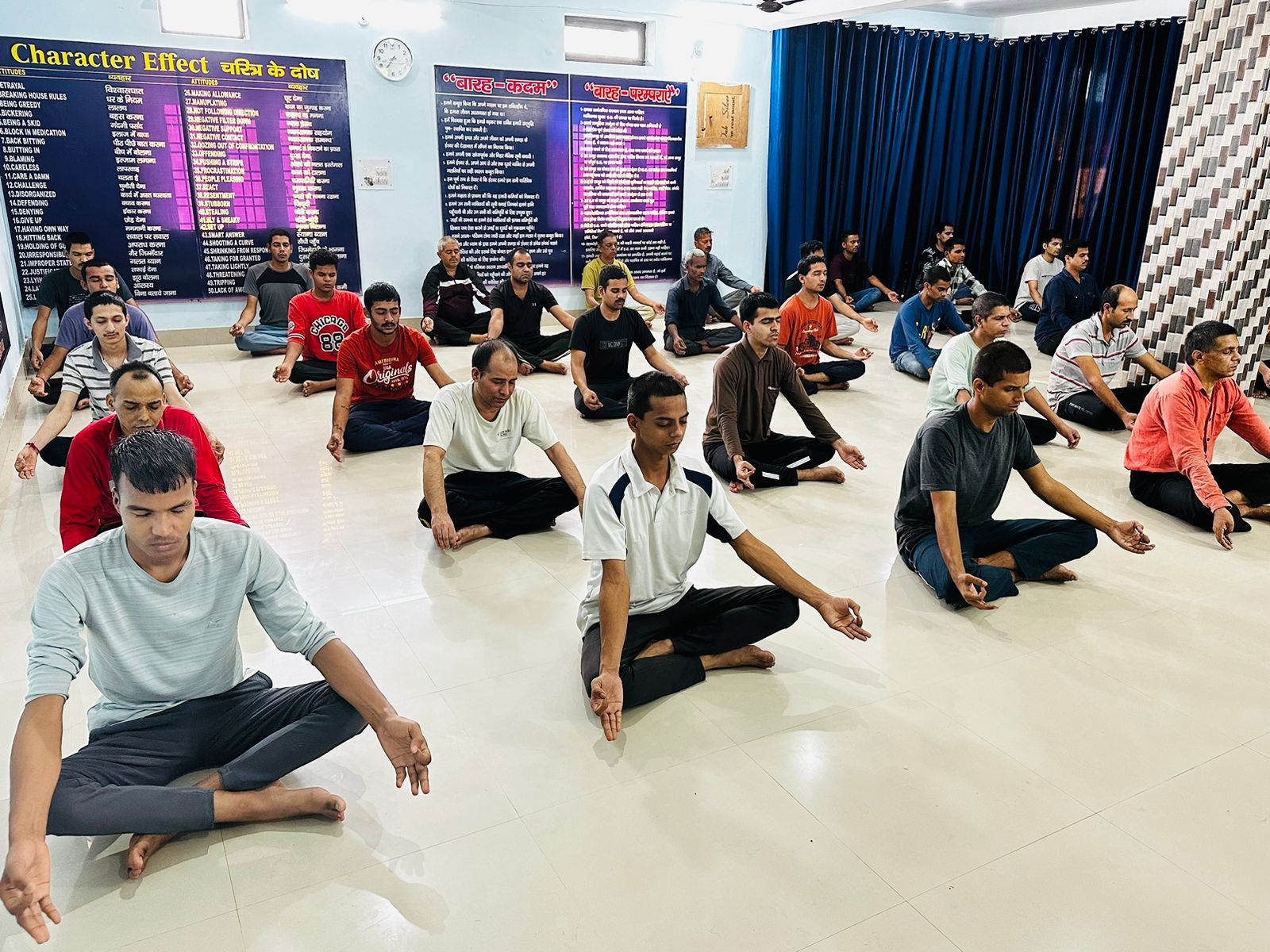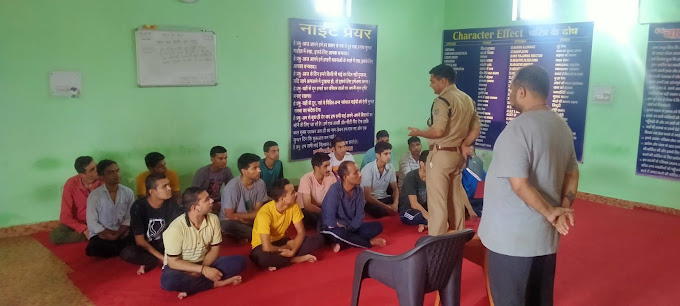
Addiction is one of the most challenging problems faced by individuals, families, and society. Many people start using alcohol, drugs, or harmful substances because of stress, peer pressure, or curiosity. But soon, it becomes a cycle that is very hard to break. One of the most effective ways to treat addiction is group therapy in addiction recovery.
At Aarogya Sewa Samiti, we believe that people should not face addiction alone. Healing becomes easier when individuals share their experiences, listen to others, and find strength in a group setting. This is why group therapy in addiction recovery has become an important part of treatment in rehabilitation centers.
In this article, we will explain how group therapy works, why it is effective, and the many ways it supports a person in their journey toward sobriety.
What is Group Therapy?
Group therapy is a type of treatment where a small group of people come together with a trained therapist to talk about their struggles and progress. Instead of one-to-one counseling, group sessions allow people to connect with others who are going through similar challenges.
In the context of group therapy in addiction recovery, the focus is on helping participants understand their addiction, control their cravings, and build a healthier lifestyle. Sharing in a group provides comfort because individuals realize they are not alone. Others have faced similar battles, and together they can support each other.
Why Group Therapy is Important in Addiction Recovery
Addiction recovery is not just about stopping the use of drugs or alcohol; it is about learning how to live a new life. Group therapy in addiction recovery plays a big role because it gives people tools to manage stress, build self-confidence, and create healthy relationships.
When someone listens to others in the group, they often see their own life more clearly. They get new ideas, motivation, and hope. A therapist in group sessions guides the discussion and makes sure everyone feels safe to speak. This open environment helps people to trust again, which is very important in recovery.
1. Building a Sense of Belonging
One of the first benefits of group therapy in addiction recovery is the sense of belonging it creates. Many people struggling with addiction feels lonely, misunderstood, or judged by society. In group therapy, they meet others who understand their pain.
This shared experience helps reduce shame and guilt. People realize that addiction can happen to anyone, and there is nothing to be embarrassed about. This feeling of being accepted encourages them to stay strong on their recovery journey.
2. Learning from Others’ Experiences
Another major advantage of group therapy in addiction recovery is the opportunity to learn from others. Everyone in the group has a unique story. Some may have relapsed and come back again, while others may have stayed sober for months or years. Listening to these experiences gives hope and practical lessons to each participant.
Hearing how someone else managed stress, avoided triggers, or rebuilt their family relationships can inspire others to do the same. Group therapy turns every story into a lesson for the entire group.

3. Improving Communication Skills
Addiction often breaks down communication. People in addiction may lie, hide their habits, or argue with family and friends. During group therapy in addiction recovery, participants practice open and honest communication.
They learn how to express feelings without fear, how to listen without judgment, and how to give support in a respectful way. These skills are useful not only inside the therapy group but also in real-life situations with family, friends, and at work.
4. Building Confidence and Self-Esteem
Low self-esteem is very common among people struggling with addiction. They may feel they are not good enough or that they cannot change. Group therapy in addiction recovery helps rebuild confidence.
When participants share their progress and receive encouragement from the group, they feel proud of their achievements. Slowly, they start believing in themselves again. This confidence is a strong tool to fight cravings and avoid relapse.
5. Creating Accountability
In addiction recovery, accountability is very important. When people know they will meet their group regularly, they feel motivated to stay on track. Group therapy in addiction recovery creates a system where members encourage each other to remain sober.
If someone feels weak, they can talk about it in the group instead of giving in to temptation. Knowing that others are supporting them gives extra strength to say no to drugs or alcohol.
6. Emotional Support and Healing
Addiction is not just about physical dependence; it also affects emotions. Many people suffer from depression, guilt, or anxiety. Group therapy in addiction recovery provides a safe space to release these emotions.
When people share their feelings and receive empathy from others, healing begins. Emotional support is powerful because it reminds participants that they are not defined by their mistakes but by their efforts to recover.
7. Reducing the Chances of Relapse
Relapse is one of the biggest challenges in addiction treatment. People may stop using drugs or alcohol for a while, but then start again due to stress or old habits. Group therapy in addiction recovery reduces this risk because it teaches coping strategies.
Therapists guide the group in identifying triggers and planning how to handle them. Listening to stories of relapse and recovery also prepares individuals to face difficulties without giving up.

Role of Aarogya Sewa Samiti in Promoting Group Therapy
At Aarogya Sewa Samiti, we understand that recovery is a journey that requires support at every step. That is why we promote group therapy in addiction recovery as a key method of treatment.
Through workshops, awareness programs, and rehabilitation support, we encourage people to join group sessions. We believe that every individual deserves a chance to heal, and group therapy is one of the best ways to achieve that.
How Students Can Benefit from Awareness
Young students, especially those in higher secondary classes, are often exposed to peer pressure. They may feel curious about alcohol, drugs, or other harmful substances. By learning about group therapy in addiction recovery, students can understand that there is always help available.
Awareness can prevent them from falling into the trap of addiction. Even if a student or their friend is already struggling, knowing about therapy options can give them hope and a direction for seeking help.
Conclusion
Recovery from addiction is a lifelong journey, but no one should walk it alone. Group therapy in addiction recovery offers strength, guidance, and emotional support that individual efforts cannot always provide. From building confidence to reducing relapse, the benefits of group therapy are clear and powerful.
At Aarogya Sewa Samiti, we are committed to spreading awareness and offering support to those in need. For anyone searching for help, the best nasha mukti kendra in Dehradun provides professional care and guidance for a healthier, drug-free life.